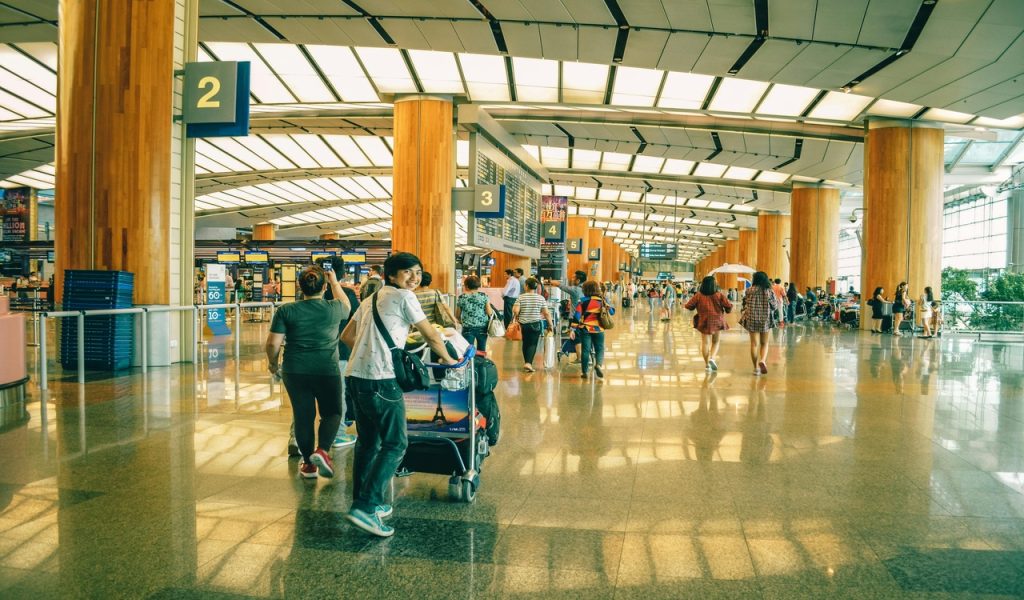
It’s all about October travel: there’s a chill in the air, colorful locales, and bustling airports full of excited jetsetters. But amid the excitement, our devices are exposed to hidden dangers from public Wi-Fi to crowded charging stations. And protecting your phone, tablet, or laptop should be as automatic as going through customs with your passport. With a couple of smart habits, you can keep your devices secure, charged, and protected on the go this season.
Avoid Public Wi-Fi Traps
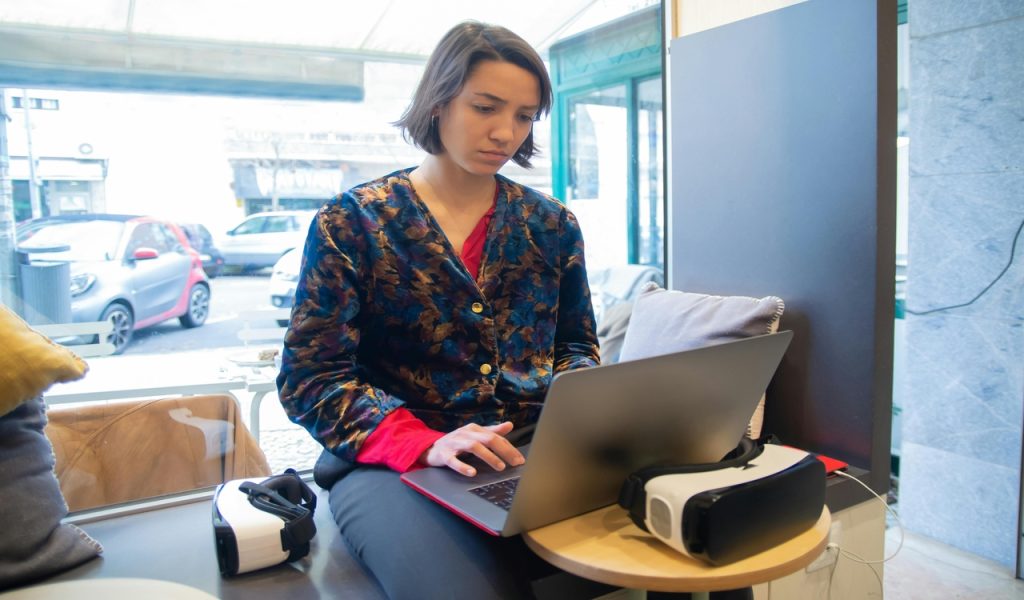
That free airport Wi-Fi is tempting, but it is often open and dangerous. The trouble is that cybercriminals can easily eavesdrop or impersonate legitimate networks, stealing your credentials. Instead, use your phone’s mobile hotspot or a trustworthy VPN to access the web safely. Always ask airport personnel for the network name before you log on. It’s a small thing, but it will help keep your data private and protect your digital trail as you travel.
Keep Bluetooth Turned Off

Bluetooth is a virtually invisible entry point for hackers seeking to connect to nearby devices. If you are camping out at your gate before a flight, keep Bluetooth off unless you are actively using it (e.g., you have got headphones on or need to pair them). This eliminates the need for illicit pairing attempts or illegitimate file pushing. It’s an instant toggle that reduces your digital exposure and (if you opt for one of these things) keeps your devices safe, particularly in high traffic airport areas.
Use Airport Charging Stations Cautiously
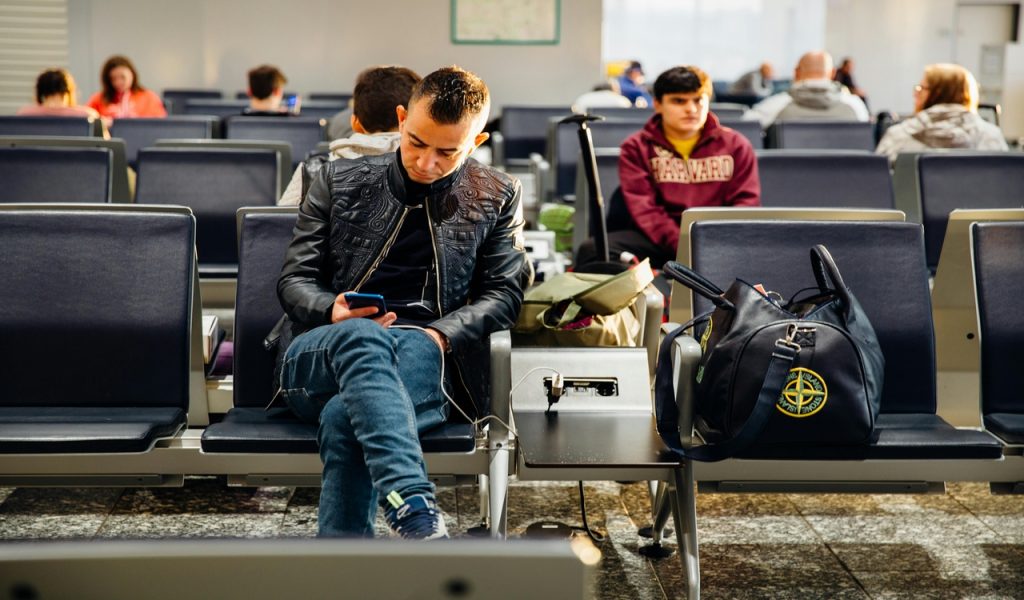
And those handy USB charging ports could pose unseen hazards. Cybercriminals can rig public chargers to download malware or extract your data a process known as “juice jacking.” To avoid the problem, use your own wall adapter or a portable power bank instead. Or bring one of those USB data blockers that let you charge without running your device’s data connection through an unfamiliar system.
Don’t Leave Devices Unattended

During their coffee grab or check in rush, many travelers leave their devices, which don’t weigh much, on chairs or charging stations. And distraction for just a few seconds can lead to theft or vandalism. Always keep your gadgets in sight or locked in your carry on. Enclosed bags with lockable compartments are highly recommended for added prevention. A little vigilance, and they will stay exactly where you want them rather than in the hands of someone else.
Enable Device Tracking
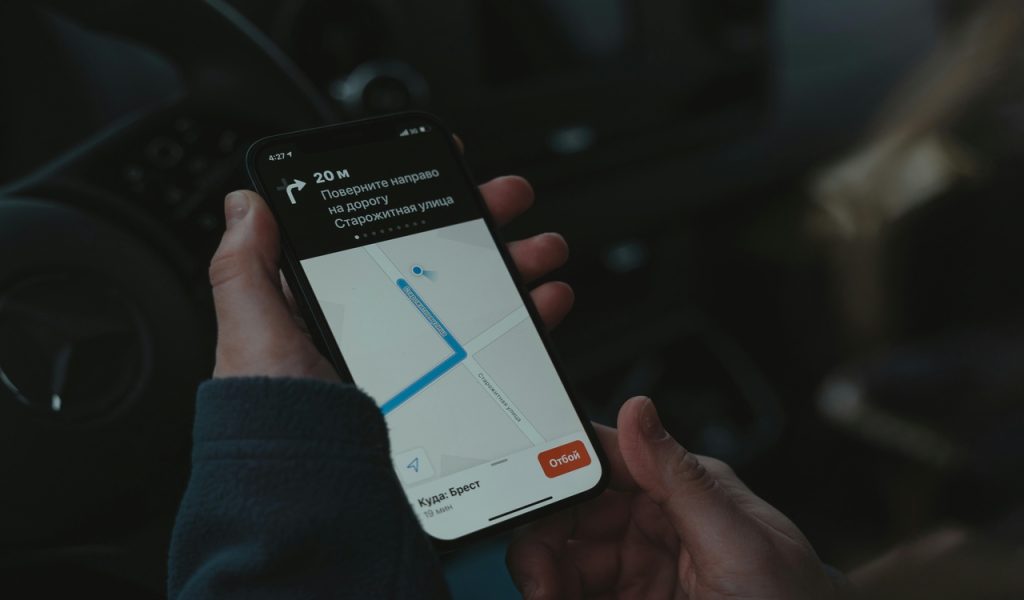
Losing a connected device while traveling can be a significant headache, but tracking tools provide peace of mind. Turn on “Find My iPhone” or “Find My Device” before you go. These let you find, remotely lock, or erase a lost or stolen device. That way, your backup GPS and cloud storage are running, so if you too get abandoned by a rogue e scooter in the middle of nowhere, you can recover essential data and maintain order.
Keep Devices Updated

Dated software can keep your devices vulnerable to hacks. Handle these tasks before you leave for the airport: Install pending updates to your operating system and apps. These updates frequently fix vulnerabilities that hackers have used to scam or attack Windows users. Make it a pre travel ritual, just as you would check your flight status, and make sure your devices are updated with the latest cyber guards against malevolent code lurking on airport networks.
Use Strong Passwords and Biometrics
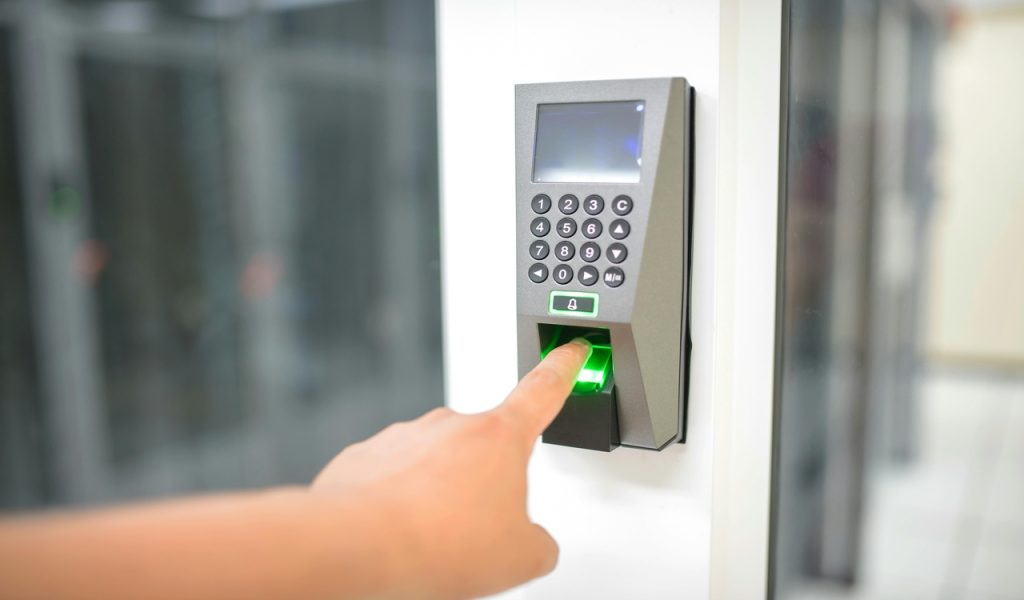
Weak passwords make it easy for devices to be compromised. Use unique, long passwords for each account, and enable biometric logins such as fingerprint or face recognition. This is an added layer of security in case you lose your device. Do not store any passwords when using a public connection. It’s every bit as important to lock down your digital access as it is your luggage before departure.
Log Out and Remove Browsing Data

It is easy to lose logins after checking email or booking a hotel on public networks. Before you board your flight, log out of all accounts and clear your browser’s history. This step ensures that if someone else gets access to your device, they won’t be able to see personal information or any credentials you have saved. In other words, it’s like checking out digitally making sure your privacy goes with you and isn’t left behind in an open session.
Keep Sensitive Files Encrypted

If you are taking work papers or personal information with you, encrypt it. The vast majority of devices come with an encryption toggle that helps protect files against prying eyes. Keep back ups in encrypted cloud storage, not on USB drives, which can be easily lost. This practice ensures that your information cannot be read and remains safe, even if your device falls into the wrong hands while you travel.
Stay Alert at Security Checkpoints
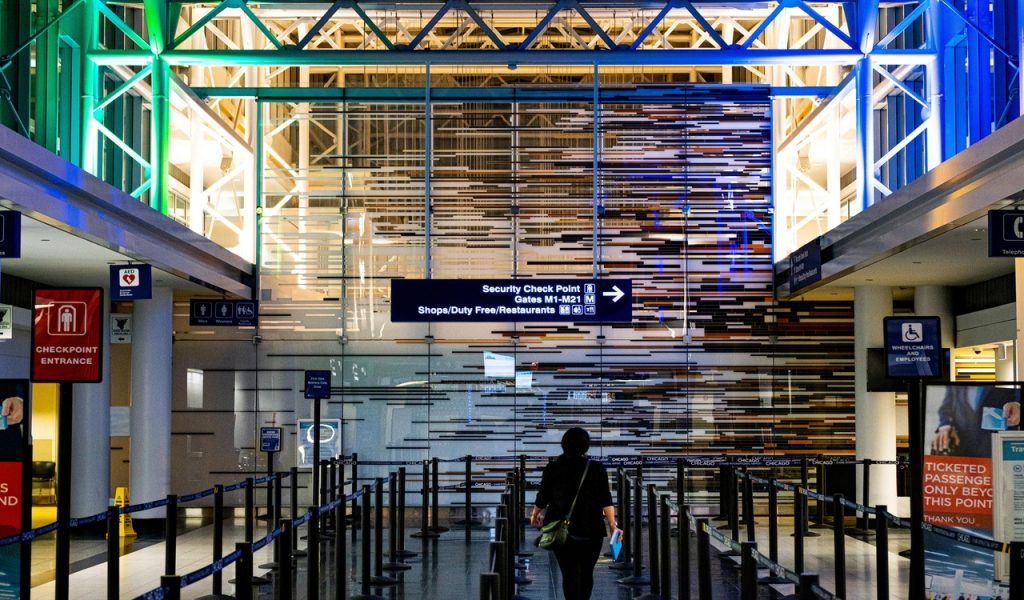
Airport security lines are like a jungle, and a jungle is where a lot of things happen to devices. Watch your electronics as they go through the scanner, and retrieve them promptly once they clear the scanner. Do not concern yourself with modifications to luggage or paperwork. By staying vigilant during these brief intervals, you avoid losing or having your devices stolen, along with their contents.


